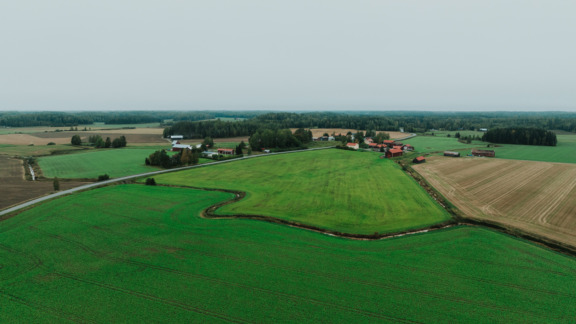BIOCODE MAKES A COMMITMENT TO INCLUDE SOIL CARBON IN ITS CARBON FOOTPRINTING TOOL
Biocode Oy starts cooperating with Baltic Sea Action Group (BSAG) and confirms it with a Baltic Sea Commitment. Start-up company Biocode commits to developing its carbon footprint calculator to recognise changes in soil carbon due to regenerative farming.
Biocode joins Carbon Action platform supporting it with Biocode’s knowledge and skills of digital services. In its online digital calculator, Biocode applies BIOHILA project’s research-based models on effects of regenerative farming on soil carbon sequestration. Calculator is a practical addition to the soil carbon verifying system developed by Finnish Meteorological Institute on Carbon Action platform. Furthermore, Biocode includes information about regenerative farming in its online tool and guides tool users to the e-college “Uudistavan viljelyn e-opisto”.
“We are very happy to start collaborating with BSAG and Carbon Action platform. In our own Baltic Sea Commitment, we support mitigating climate change with regenerative farming in Finland. Our goal is to create better conditions for sustainable food production and consumption, whether it’s about farming raw material on a specific farm or products on a grocery store shelf. We want to make carbon footprinting of food products commonplace”, emphasises Biocode’s CEO Ernesto Hartikainen.
“It’s great, that Biocode recognises regenerative farming and includes a science-based model on soil carbon sequestration in its digital online tool. For a farmer it is crucial to see how the measures on the field affect carbon sequestration in the soil – Biocode’s development work supports this goal. By guiding online tool users to the e-college on regenerative farming, Biocode helps farmers in identifying measures that improve soil health and carbon sequestration”, says Michaela Ramm-Schmidt, CEO of BSAG.
Biocode Oy develops and offers science-based tools for cutting emissions in food production and implementing a sustainable food system – from farm to store shelf. The goal is to enable reducing carbon footprint of a food product by 3 % yearly in alignment with the Paris agreements requirements.



